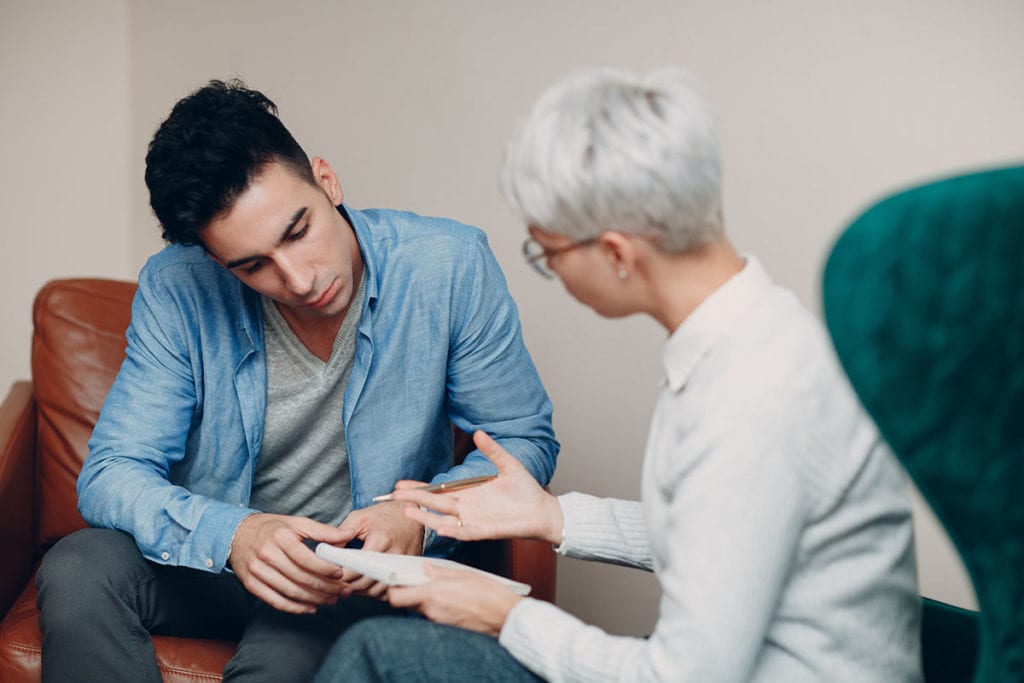We’ve all heard the argument that drunk drivers are more dangerous than stoned drivers (and vice versa), but statistics have never been conclusive. This longstanding debate prompted scientists at Israel’s Ben Gurion University to build a high-tech simulator to conduct further research on the topic. Professors David Shinar and Adi Roden at the University’s Laboratory for Human Factors in Road Safety recently opened the custom-built GM Cadillac simulator, which faces a wall of synchronized 160-degree screen images and immerses drivers in a 3-D road trip while researchers monitor their heartbeat, glances, and expressions. In a preliminary study, the professors tested 14 students who all smoked marijuana recreationally. One group smoked low doses of THC while others smoked high doses, another group drank vodka cocktails to reach Israel’s legal limit of .05 percent BAC, and others took a placebo. The students were tested for physiological strain and driving performance as they “drove” through both city and country scenes with the occasional pedestrian and rock blocks. Both smokers and drinkers tended to switch lane positions often, swerve, and vary their steering. The THC smokers drove significantly slower than the alcohol-soaked subjects, who also seemed to be more confident than their more cautious counterparts, who seemed more aware of their impairment. But that feeling can also be hazardous, according to Shinar, chief scientist of Israel’s National Road Safety Authority and founder of the lab. “People who smoke marijuana think they can compensate for the drug’s effect, but they can’t…A detachment from reality is dangerous,” he said, explaining that he hopes this study will step up enforcement of driving under the influence. Next up, the lab will test the driving behavior of people who have mixed alcohol and marijuana, the effects of marijuana and fatigue on “hazard perception,” and how energy drinks mixed with alcohol alter driving patterns. The researchers also want to use the simulator to test whether talking on cell phones and with passengers affect sober drivers.

